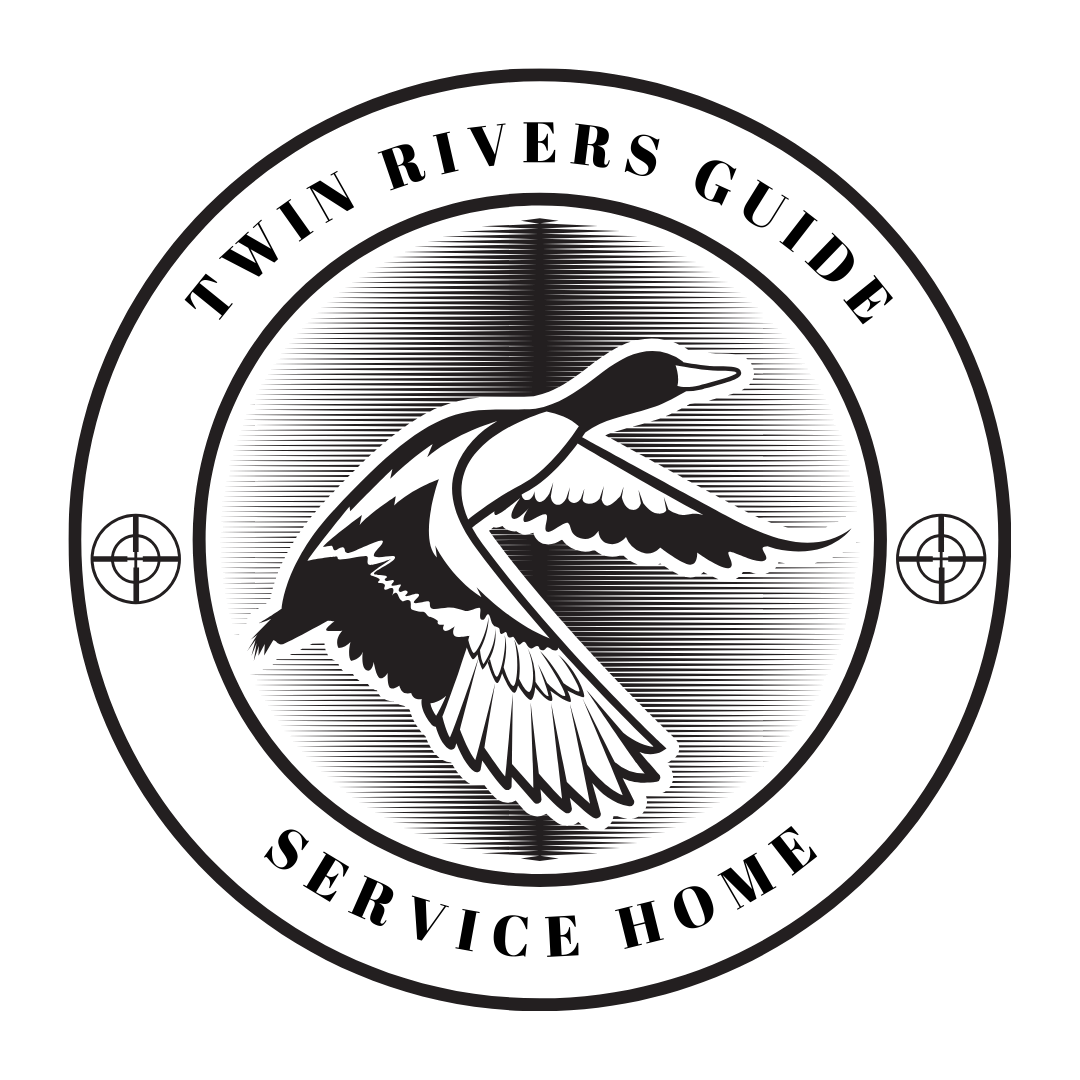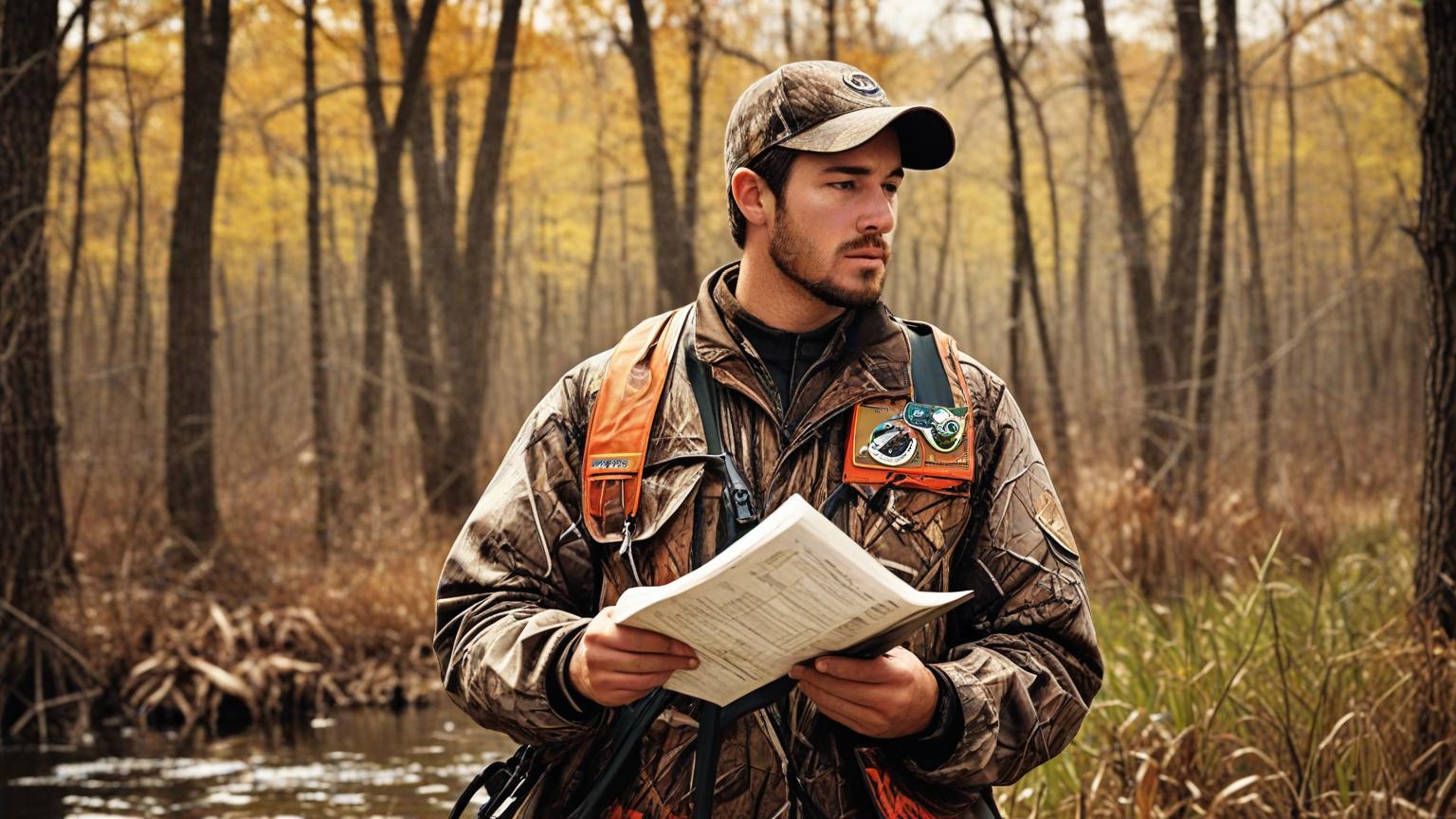Arkansas is known as one of the top duck hunting destinations in the United States, drawing hunters from all over to experience its rich waterfowl habitats. For beginners, however, navigating the regulations can feel a bit overwhelming. Knowing the rules not only helps protect wildlife and preserves hunting opportunities but also ensures you stay on the right side of the law. This guide breaks down the basics of duck hunting regulations in Arkansas, covering everything from licenses and permits to season dates and bag limits, so you can hunt responsibly and confidently.
1. Licenses and Permits
In Arkansas, duck hunters need a few key licenses and permits before heading out. Here’s what you’ll need:
- Hunting License: All hunters 16 years and older must have an Arkansas hunting license. Residents can purchase an annual Resident Sportsman’s License, while non-residents should opt for the Non-Resident Waterfowl Permit. Licenses are available at Arkansas Game and Fish Commission (AGFC) offices, licensed vendors, or online.
- Federal Duck Stamp: All waterfowl hunters 16 years and older are required to purchase a Federal Duck Stamp, which funds conservation efforts and is valid nationwide.
- Arkansas Waterfowl Stamp: In addition to the federal stamp, hunters must purchase an Arkansas State Waterfowl Stamp. This stamp contributes to state-level conservation programs specific to Arkansas.
- HIP Registration: Hunters must also register for the Harvest Information Program (HIP), which is free and required nationwide. HIP helps state agencies monitor migratory bird populations by collecting data on hunter activity.
Having these permits ensures you’re legally able to hunt and contribute to vital conservation programs that protect Arkansas’ waterfowl habitats.
2. Season Dates and Shooting Hours
Arkansas’ duck hunting season is divided into multiple phases, which can vary slightly each year. The Arkansas Game and Fish Commission sets dates based on waterfowl migrations and population data. Generally, the season runs from late November to late January, but the exact dates are subject to annual adjustments. Check the AGFC website or regulations guide each year for precise season dates.
Shooting Hours:
In Arkansas, legal shooting hours for waterfowl hunting are from 30 minutes before sunrise to sunset. Plan to arrive early so you’re ready to begin hunting at first light, but make sure to finish by sunset to comply with the law.
3. Daily Bag Limits and Possession Limits
Bag and possession limits are set to maintain healthy duck populations and prevent overharvesting. It’s crucial for hunters to know the limits for different species. Here’s a general overview:
- Daily Bag Limit: In Arkansas, the daily bag limit is typically 6 ducks per day. However, there are specific species restrictions within that limit. For example:
- No more than 4 mallards, of which only 2 may be hens.
- No more than 3 wood ducks.
- No more than 2 redheads.
- No more than 2 canvasbacks.
- No more than 1 black duck and 1 mottled duck.
- No more than 1 pintail.
- No more than 2 scaup.
These limits are subject to annual review and may vary slightly, so always check for updated limits before each season.
- Possession Limit: The possession limit is generally three times the daily bag limit, meaning you can possess a maximum of 18 ducks at any given time during the season. This limit applies whether the ducks are fresh, frozen, or preserved.
Keeping track of your bag count ensures you’re compliant and helps preserve the duck population for future seasons.
4. Approved Hunting Areas and Regulations
Arkansas has a mix of public and private hunting areas, each with its own set of rules. Some popular public hunting locations include Bayou Meto, Cache River National Wildlife Refuge, and White River National Wildlife Refuge. Before you hunt, check the rules for each area, as they may have additional restrictions:
- WMAs and Refuges: Wildlife Management Areas (WMAs) and National Wildlife Refuges may have different hunting regulations, including restrictions on access, boat use, and decoy limits. For example, some areas restrict motorized boats during specific times to reduce disturbance.
- Non-Toxic Shot: By federal law, only non-toxic shot (e.g., steel, bismuth) is allowed for waterfowl hunting. Lead shot is prohibited to prevent contamination of water sources and protect wildlife.
- Blinds and Decoys: Some areas, like Bayou Meto, have regulations about leaving decoys unattended. Generally, hunters must remove all decoys and gear at the end of each day. Permanent blinds are usually not allowed in public hunting areas, so hunters should plan on using portable or temporary blinds.
5. Restrictions on Methods and Equipment
To promote ethical hunting and reduce the impact on waterfowl populations, there are specific restrictions on the methods and equipment you can use:
- Shotguns Only: Duck hunting in Arkansas is limited to shotguns no larger than 10 gauge. Shotguns must also be plugged to limit the capacity to three shells (one in the chamber, two in the magazine).
- Electronic Calls Prohibited: The use of electronic calls is illegal in waterfowl hunting. Only non-electronic duck calls are allowed to ensure fair-chase principles.
- Limitations on Boat Use: Some WMAs restrict motorized boats during certain periods of the season. In addition, hunters should avoid using boats in a way that might disturb resting waterfowl or interfere with other hunters.
Knowing these equipment restrictions ensures that you’re compliant and that your hunting practices align with ethical and fair-chase principles.
6. Hunter Safety and Ethics
Duck hunting is a sport with deep-rooted traditions, and Arkansas takes hunting ethics seriously. Hunters should prioritize safety, respect other hunters, and practice responsible hunting behaviors:
- Hunter Safety Course: Although not required for all hunters, a hunter safety course is highly recommended for beginners. Courses cover safety protocols, responsible hunting practices, and provide knowledge about Arkansas-specific regulations.
- Respect Private Land: Arkansas has vast public hunting areas, but it’s essential to know where public land ends and private property begins. Always seek permission before hunting on private property, and respect property lines.
- Leave No Trace: Responsible hunters leave their areas as they found them. Remove all trash, spent shells, and decoys at the end of each hunt, and avoid disturbing wildlife or damaging the habitat.
Conclusion
Understanding Arkansas’ duck hunting regulations is essential for any hunter, especially beginners. By following licensing requirements, respecting bag and possession limits, and being mindful of specific area rules and ethics, you’ll help preserve Arkansas’ waterfowl population and support the conservation efforts that make hunting in this state so rewarding. Staying informed and compliant ensures that you enjoy a safe, ethical, and legal hunting experience each season.

